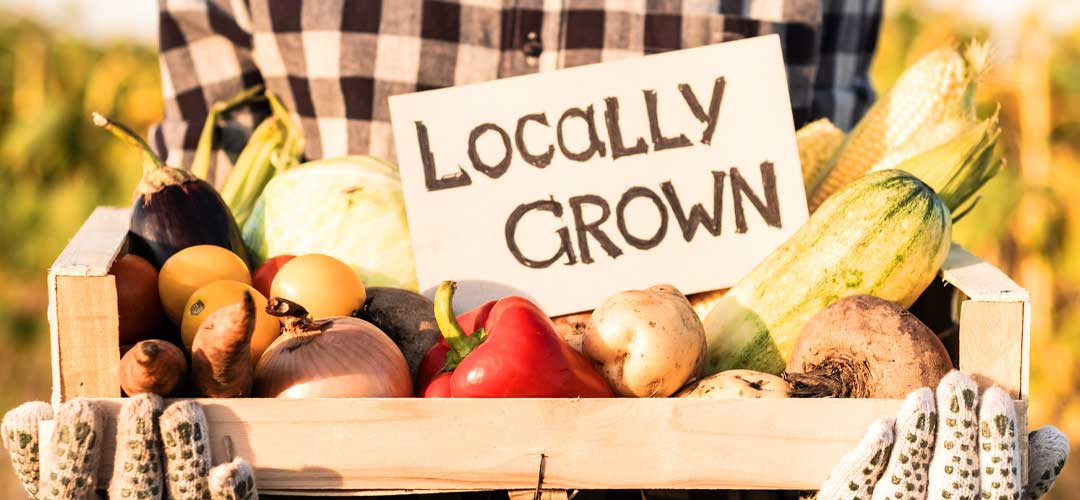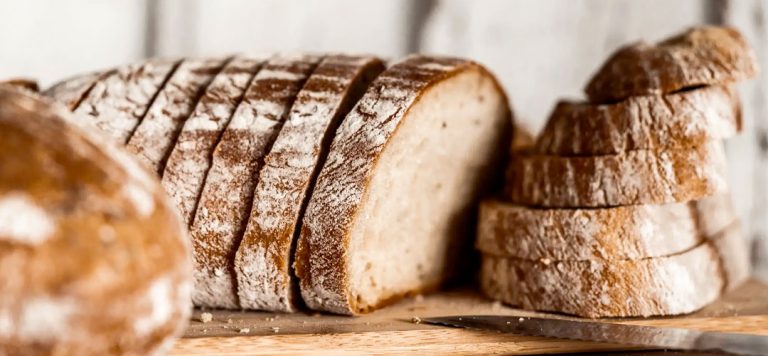As awareness grows around the environmental impact of our food choices, seasonal eating has come back into the spotlight.
More than just a culinary trend, eating UK-grown seasonal produce offers a wide range of health and sustainability benefits. If you’re looking to eat healthier, reduce your carbon footprint, and support local communities, seasonal eating is a simple yet powerful place to start.
In this article, we’ll explore why eating seasonally in the UK is better for your health, the environment, and the economy, while offering practical tips for building a seasonal food routine.
What is Seasonal Eating?
Seasonal eating means choosing fruits and vegetables that are naturally in season in your local area at any given time of year. In the UK, this could mean enjoying strawberries in summer, apples in autumn, or root vegetables like parsnips and swede in winter.
When you buy UK seasonal produce, you’re eating food that hasn’t been forced to grow out of season using artificial heat or lighting, nor flown thousands of miles to reach your plate.
The Health Benefits of Eating UK-Grown Seasonal Produce
Eating seasonally isn’t just about sustainability; it’s better for your body too.
1.Fresher Food, Higher Nutrient Content
UK-grown seasonal produce is typically harvested at its peak ripeness and sold quickly, meaning it spends less time in storage or in transit. This helps retain more vitamins, minerals, and antioxidants, which can degrade over time.
Is seasonal fruit and veg more nutritious? Yes, studies suggest that seasonal fruit and vegetables often contain higher levels of nutrients, especially vitamin C and folate, compared to those that have been stored for long periods or imported from overseas.
2.Fewer Chemicals
Local, seasonal crops usually require fewer pesticides and preservatives, as they’re not being grown in forced conditions or transported long distances. Eating UK seasonal vegetables may reduce your exposure to harmful residues often found in imported produce.
3.Supporting a Healthy Gut
Eating with the seasons naturally encourages dietary variety. The more diverse your diet, the more likely you are to feed a wide range of beneficial gut bacteria, supporting digestive health and immunity.
Environmental Reasons to Eat Seasonally and Locally
1.Lower Carbon Footprint
One of the biggest benefits of eating UK-grown produce is the reduction in food miles. Transporting fruit and veg from across the globe often involves carbon-intensive air freight and refrigeration. Choosing seasonal food grown in the UK helps reduce your carbon footprint and environmental impact.
2.Reduced Packaging and Waste
Seasonal food typically requires less packaging, especially when purchased from farm shops, markets or veg box schemes. This reduces plastic waste and the energy used in processing and transport.
3.Preserving Soil Health and Biodiversity
Seasonal farming practices support crop rotation and biodiversity, which help keep soils fertile and ecosystems thriving. In contrast, year-round monoculture farming often leads to soil degradation and loss of biodiversity.
Economic and Social Benefits of Seasonal Eating
Supporting local farmers and British agriculture keeps money within local communities and promotes food security. Buying direct from farmers or through UK-based veg box schemes offers a more transparent and ethical food supply chain.
Where to buy seasonal UK produce near me?
Check your local farmers’ market or community-supported agriculture scheme to discover where to buy seasonal UK fruit and veg near you.

What’s in Season in the UK? A Quick Guide
Understanding what fruit and vegetables are in season in the UK can help you plan meals and shop more sustainably. Here’s a seasonal snapshot:
- Spring (March–May): Asparagus, spinach, rhubarb, spring onions, wild garlic
- Summer (June–August): Strawberries, tomatoes, courgettes, cucumbers, peas
- Autumn (September–November): Apples, blackberries, beetroot, cabbage, squash
- Winter (December–February): Leeks, parsnips, swede, kale, Brussels sprouts
Bookmark a UK seasonal food calendar to guide your weekly shop and meal planning.
Tips for Making Seasonal Eating Easier
- Visit local markets: Speak to growers and discover what’s fresh that week.
- Use a seasonal veg box delivery: These services bring a variety of local produce to your door.
- Plan your meals around what’s available: Let the seasons inspire your cooking.
- Preserve seasonal gluts: Freeze, pickle, or ferment when produce is abundant.
- Grow your own: Even a small garden or windowsill can yield herbs and greens.
Small Choices, Big Impact
By choosing UK-grown seasonal food, you’re not only eating fresher, more nutritious meals; you’re also taking meaningful steps towards a healthier planet. Seasonal eating supports sustainable agriculture, reduces reliance on fossil fuels, and strengthens the connection between people and their food.
Whether you’re new to the idea or already committed to eating seasonally, each small decision makes a difference. From enjoying fresh strawberries in June to hearty root stews in January, eating seasonally in the UK is a delicious and sustainable choice worth embracing.






